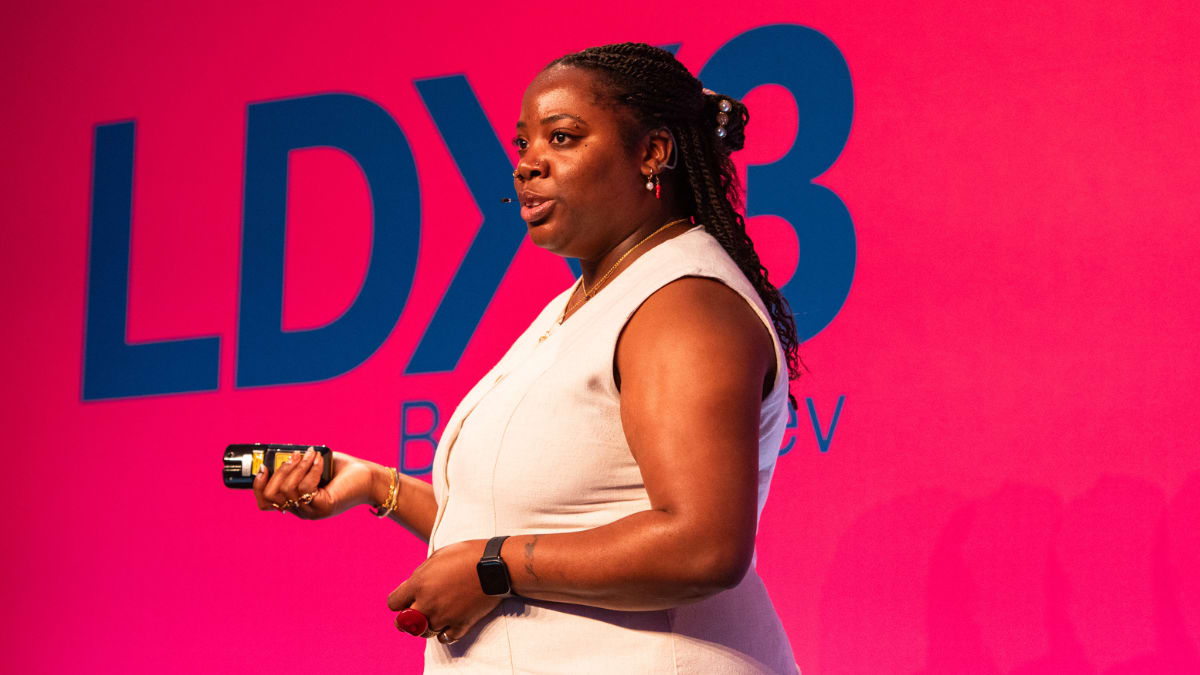Your inbox, upgraded.
Receive weekly engineering insights to level up your leadership approach.
Estimated reading time: 3 minutes
From outages to rebuilding trust, here are the biggest takeaways from LeadDev’s LDX3 2025 talks.
Engineering leaders from Monzo, Epic Test Quest, CrowdStrike, and more gathered at LDX3 in London to explore what modern technical leadership really looks like when things break, whether that’s systems, trust, or the illusion of control.
From navigating billion-dollar bugs to rebuilding psychological safety after layoffs, here are the biggest ideas and real-world lessons from the week.
How Monzo tolerates full cloud outages
Speakers: Andrew Lawson, staff engineer, and distinguished engineer Daniel Chatfield, Monzo
Monzo has designed its systems to survive even a total AWS outage. Andrew and Daniel shared the architecture and operating principles of “Monzo Stand‑in,” an independent backup banking system.
Key takeaways from the talk:
- Monzo Stand‑in lives on an entirely separate Kubernetes cluster on Google Cloud Platform (GCP), ready to take over core banking functions if AWS goes down.
- It supports payments, transfers, balance checks, and card freezes, while keeping the main system safe from data inconsistencies.
- Running at about 1% of the main platform’s cost, Monzo Stand-in stays active and can be brought online in as little as 15 seconds, with detailed control options.
- In an August 2024 outage lasting roughly one hour, Stand‑in enabled users to continue banking with minimal impact.
Quote to remember: “When thinking about how we make Monzo the most reliable bank that we can, we want to think not just about the failures of servers and data centers, but also acknowledging that we’re all human writing software, and that software will contain bugs.
“And we want to build a system that can still provide our customers with a good service even if our software has bugs in them.” Chatfield explained.
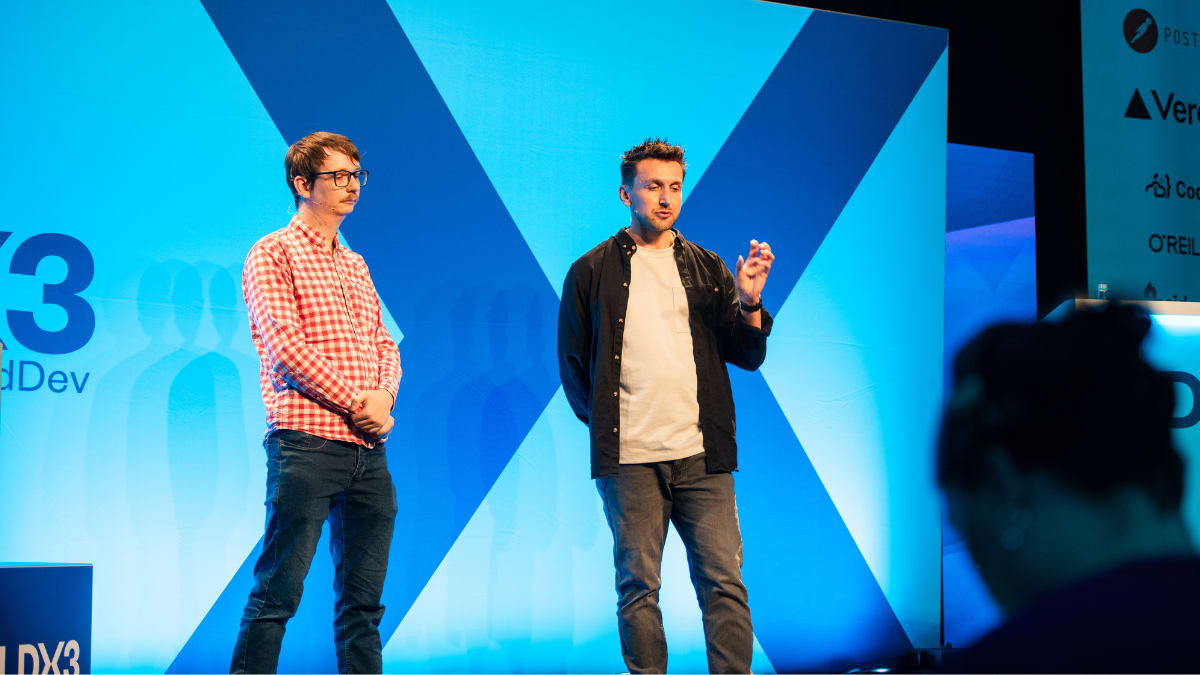
More like this
The million-dollar bug: Quality leadership lessons from costly failures
Speaker: Christine Pinto, CTPO and co-founder, Epic Test Quest
Christine Pinto made a compelling case that ensuring engineering quality isn’t a speed blocker – it’s a speed enabler. She showcased how neglecting quality can escalate into billion-dollar crises and shared practical tools for engineering leaders.
Key takeaways of the talk:
- Pinto dismantled the idea that speed and quality are oppositional. She highlighted how quality breaches can lead to compound trust, talent, and innovation losses.
- She introduced the quality confidence matrix: a tool to assess risk and confidence before shipping.
- Pinto also emphasized the value of pre-mortem quality audits to identify failure paths proactively.
- Culture change matters: quality must be a shared responsibility embedded in leadership, not left to quality assurance (QA) teams alone.
Quote to remember: “Speed without quality – that’s not efficiency. It’s tomorrow’s crisis arriving faster.”
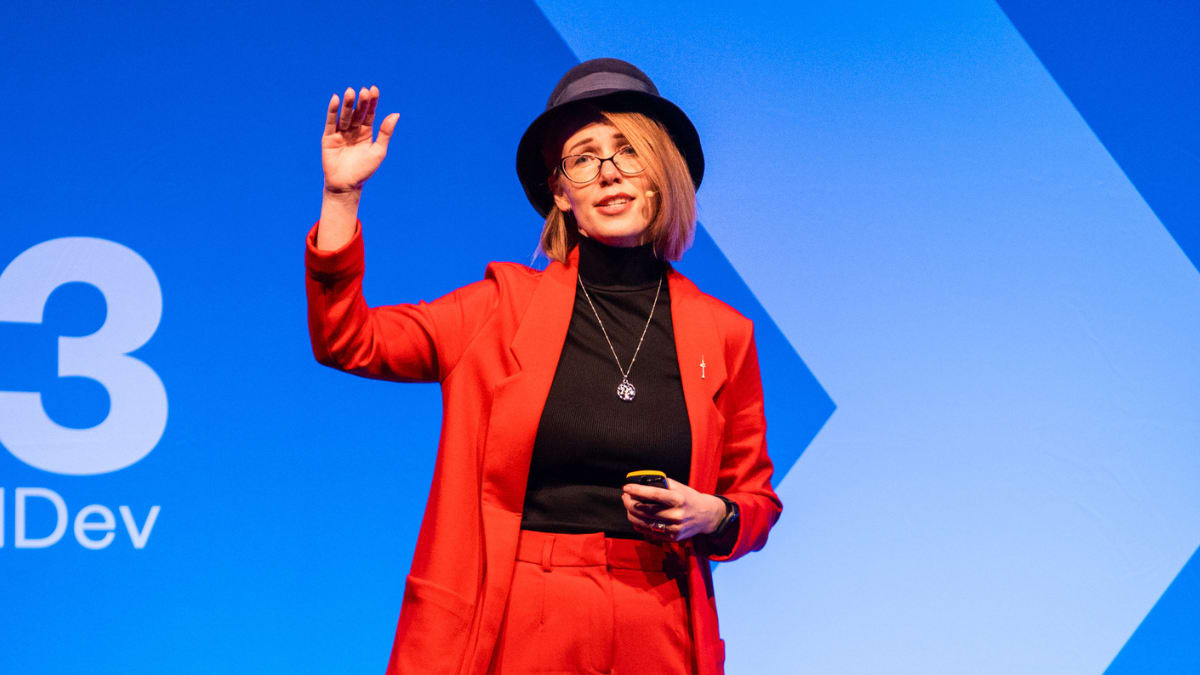
Y2K: the bug that didn’t bite
Speaker: Amir Safavi, staff software engineer, Google
Safavi reframed Y2K – the software bug caused by two-digit year formatting – as not merely an overhyped scare, but a landmark case of engineering coordination, arguing that the real lesson was how focused teamwork and attention to legacy systems can prevent large-scale failure.
Key takeaways from the talk:
- Y2K mobilized a massive, often unseen global engineering effort to patch countless legacy systems.
- The event taught us that preventive engineering and technical debt management can avert large-scale failures.
- Safavi highlighted that just like legacy code once hid critical vulnerabilities, modern technologies require the same vigilance to prevent future digital crises.
Quote to remember: “Y2K was the biggest incident that never happened. That’s the ideal outcome of a preventative effort.”
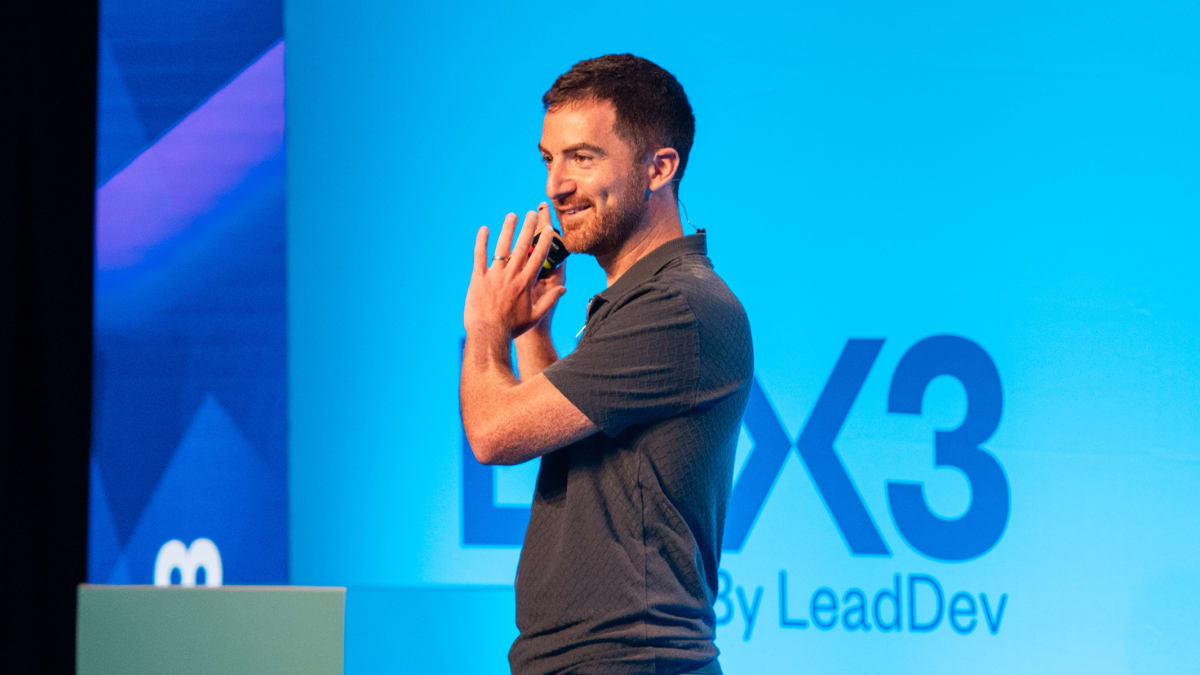
Rebuilding trust: Leadership after layoffs
Speaker: Phillipa Rodney, engineering manager, Crowdstrike
Rodney drew from her experiences where she joined HR calls, helped people exit with dignity, and created space to process openly using the rebuild trust, establish expectations, stabilize the team, and transform the culture framework. This approach is essential for navigating the aftermath of layoffs while helping teams stabilize, regroup, and grow.
Key takeaways from the talk:
- Use the REST framework to rebuild trust and psychological safety by showing up with empathy, honesty, and presence.
- Set clear priorities and expectations for what’s next. Rodney reset working norms, team values, and goals through onboarding and team-wide workshops.
- Stabilize the day-to-day with structure and clarity. Regular 1:1s, simplified backlogs, and trimmed responsibilities brought calm and direction to the team.
- Build new markers of progress. Philippa co-created new definitions of success, shared ownership, and celebrated small wins to help the team feel proud again.
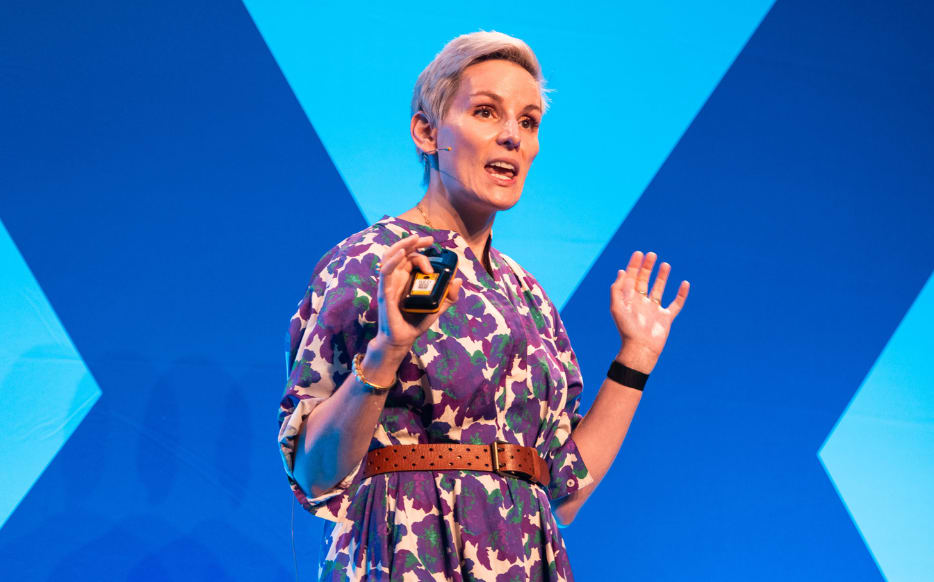
London • June 2 & 3, 2026
LDX3 London prices rise March 4. Save up to £500 💸
Quote to remember: “The landscape of layoffs has transformed dramatically in the last few years. They’re no longer one-off events, instead they’re happening regularly. So you have to be prepared, now more than ever.”
